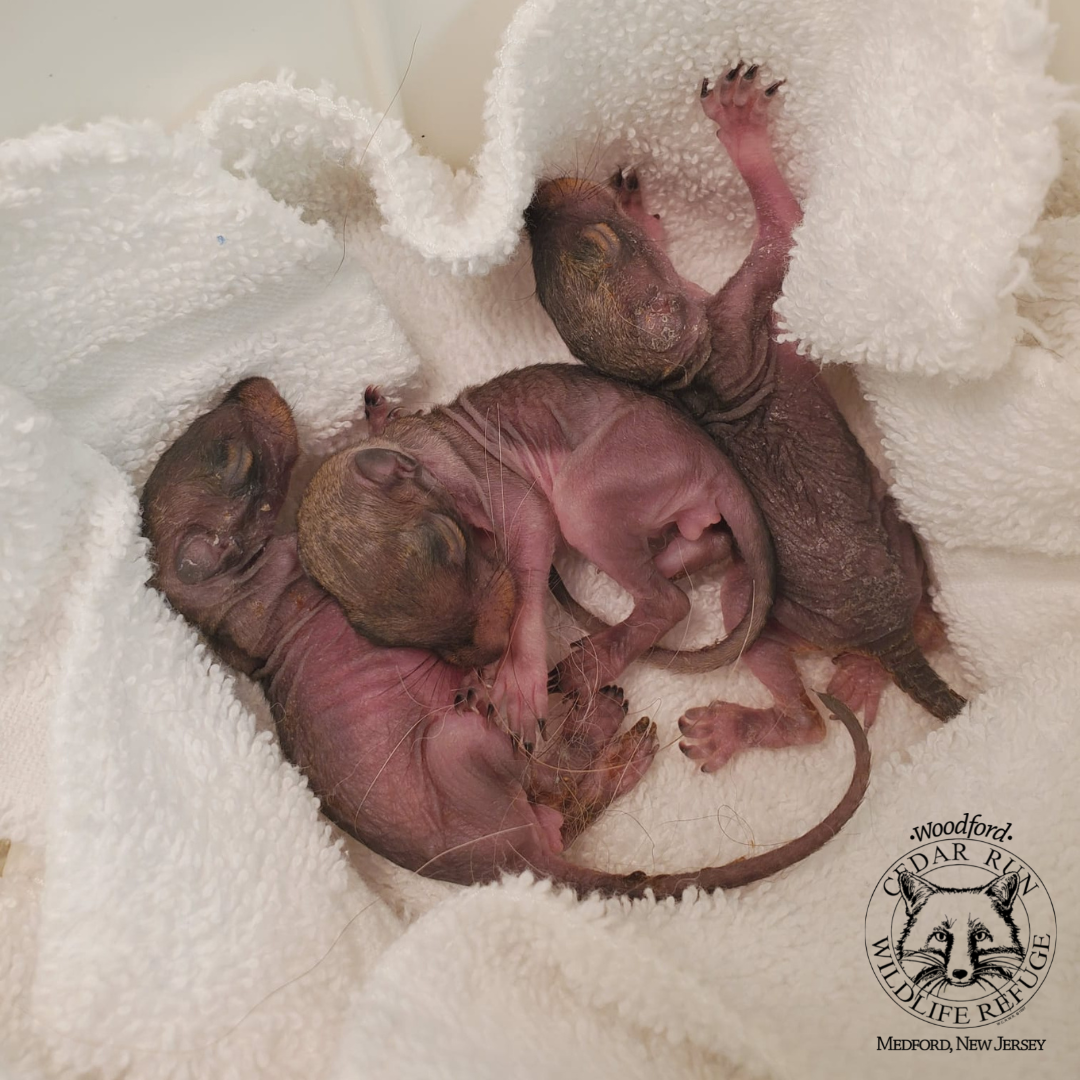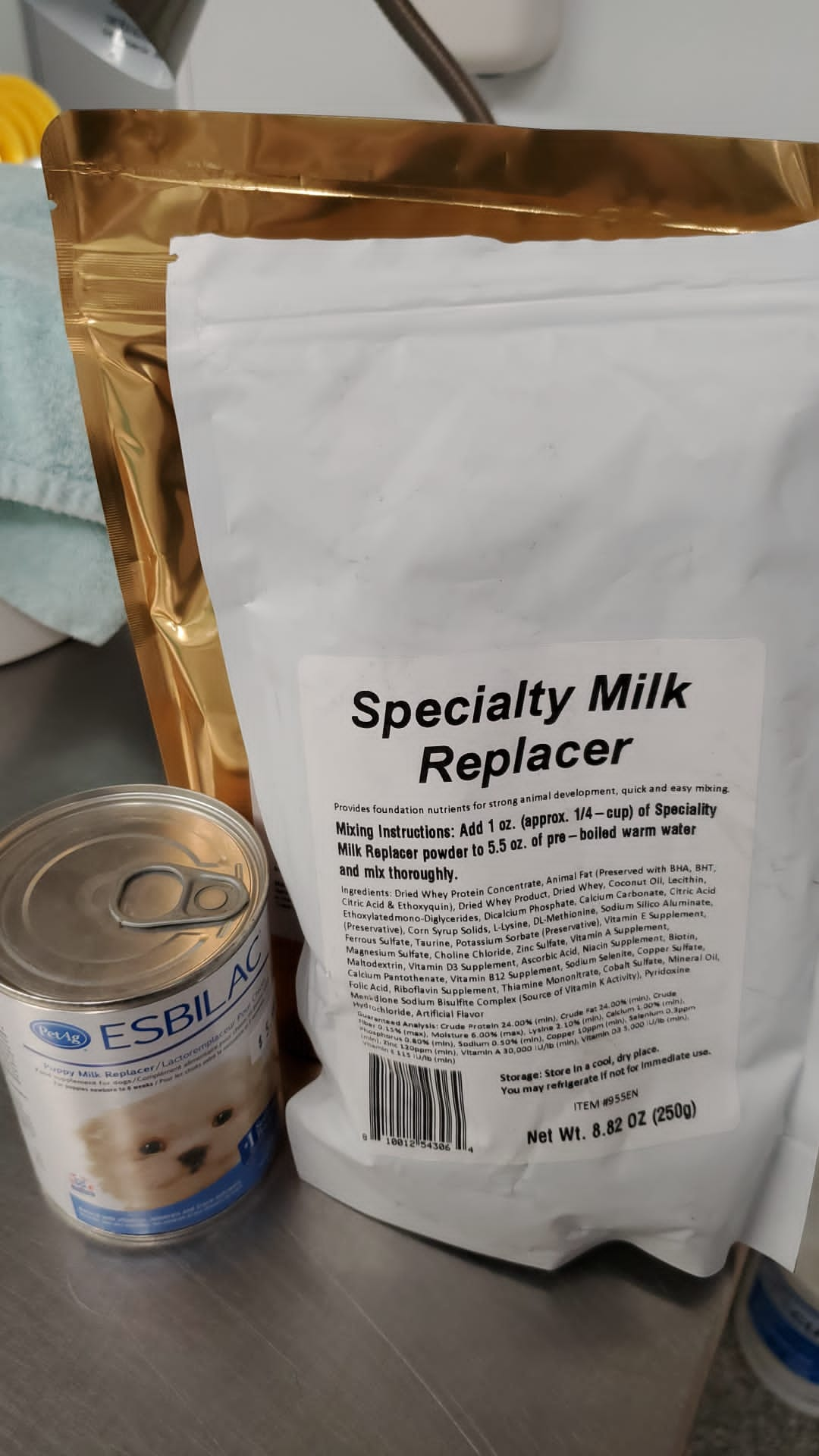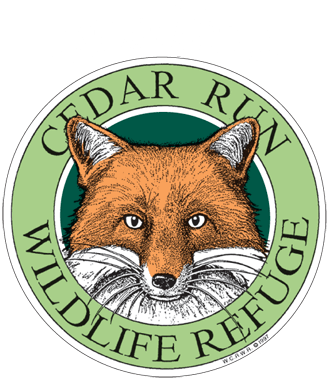Spring has sprung and the wildlife babies are arriving! Our Wildlife Rehabilitation Hospital currently has baby Eastern Gray Squirrels and baby Eastern Cottontails in care. We expect this influx each year and mentally prepare for the busy season when we are inundated with animals in need! Unfortunately, one of the situations that we must mentally prepare for as Wildlife Rehabilitators are babies that are raised by their finder. Below is an extremely sad photograph of a litter of raised by finder Eastern Gray Squirrel neonates that were dropped off for care to our Wildlife Rehabilitation Hospital.

Wildlife Rehabilitators preach to the public that raising wildlife is not okay, and we get quite a bit of push back and anger directed towards us when we make these statements. However, we make these statements for extremely valid reasons. First, it is illegal in New Jersey and most states to rehabilitate wildlife without the appropriate training and specialized permit. For migratory birds, this is even a federal violation. These regulations are there to ensure that trained professionals are working with these animals to give them appropriate care. Second, wild animals can carry a host of parasites and communicable diseases that put humans and pets at risk. These diseases can be deadly and should be taken extremely seriously to safeguard the health of your family. Wildlife Rehabilitators are knowledgeable on these issues and take appropriate precautions to handle wildlife in the safest manner.
The third reason is why we are posting today. This is one of the hardest issues for us to accept and deal with on a regular basis. Wildlife should be cared for by permitted facilities because they know the appropriate nutrition that those species require to be healthy and develop to fully functional adults that are able to survive in the wild. We see countless babies come in like those in the picture that are dehydrated, emaciated, weak, cold, in respiratory distress from pneumonia from improper feeding techniques, and in gastrointestinal distress due to their inability to process their inappropriate formula. Situations like this are heartbreaking and wear on our hearts. In some cases, the finder may not have known about Wildlife Rehabilitators and fed them until they found us, but that is not always the case and was not the case in this situation. Sometimes, they just want to do it on their own despite the risks.
 These babies could have been healthy and comfortable, but they were instead miserable and suffering for days. These babies were in pain. While it may seem like fun to raise wildlife babies, it is not what is best for THEM. These babies were fed a “specialty milk replacer” that said it was for squirrels, but this instead took them to a horrific state of emaciation. DO NOT believe what these random bags of formula say when they list a variety of species that they cover. We have seen horribly unhealthy babies result from these generalized formulas. Even if babies survive to adolescence, they can suffer from long-term effects of malnutrition if they are fed improper formula. While they may look okay on the outside, their bones and organs may not be developing properly. We see raised by finder animals that come to us later in life who out of nowhere are experiencing rear end paralysis and seizures. This is from an improper diet and it is irreversible and extremely painful.
These babies could have been healthy and comfortable, but they were instead miserable and suffering for days. These babies were in pain. While it may seem like fun to raise wildlife babies, it is not what is best for THEM. These babies were fed a “specialty milk replacer” that said it was for squirrels, but this instead took them to a horrific state of emaciation. DO NOT believe what these random bags of formula say when they list a variety of species that they cover. We have seen horribly unhealthy babies result from these generalized formulas. Even if babies survive to adolescence, they can suffer from long-term effects of malnutrition if they are fed improper formula. While they may look okay on the outside, their bones and organs may not be developing properly. We see raised by finder animals that come to us later in life who out of nowhere are experiencing rear end paralysis and seizures. This is from an improper diet and it is irreversible and extremely painful.
PLEASE contact a Wildlife Rehabilitator if you find orphaned wild babies and DO NOT attempt to feed them on your own. Cases like the ones shown in the picture are one of the worst parts of our job as Wildlife Rehabilitators because we do our best to ensure that our animals are not suffering. Please understand that are not just trying to take something fun and cute from your family, but instead are desperately trying to avoid a situation like the one that these poor squirrels endured. When we are brought these animals, we are expected to work miracles and save them, but sadly even the efforts of a trained Wildlife Rehabilitator cannot always reverse the damage that has already been done to their poor delicate bodies.
If you have questions regarding native New Jersey wildlife, please call our Wildlife Hospital at 856-983-3329 ext. 107.

